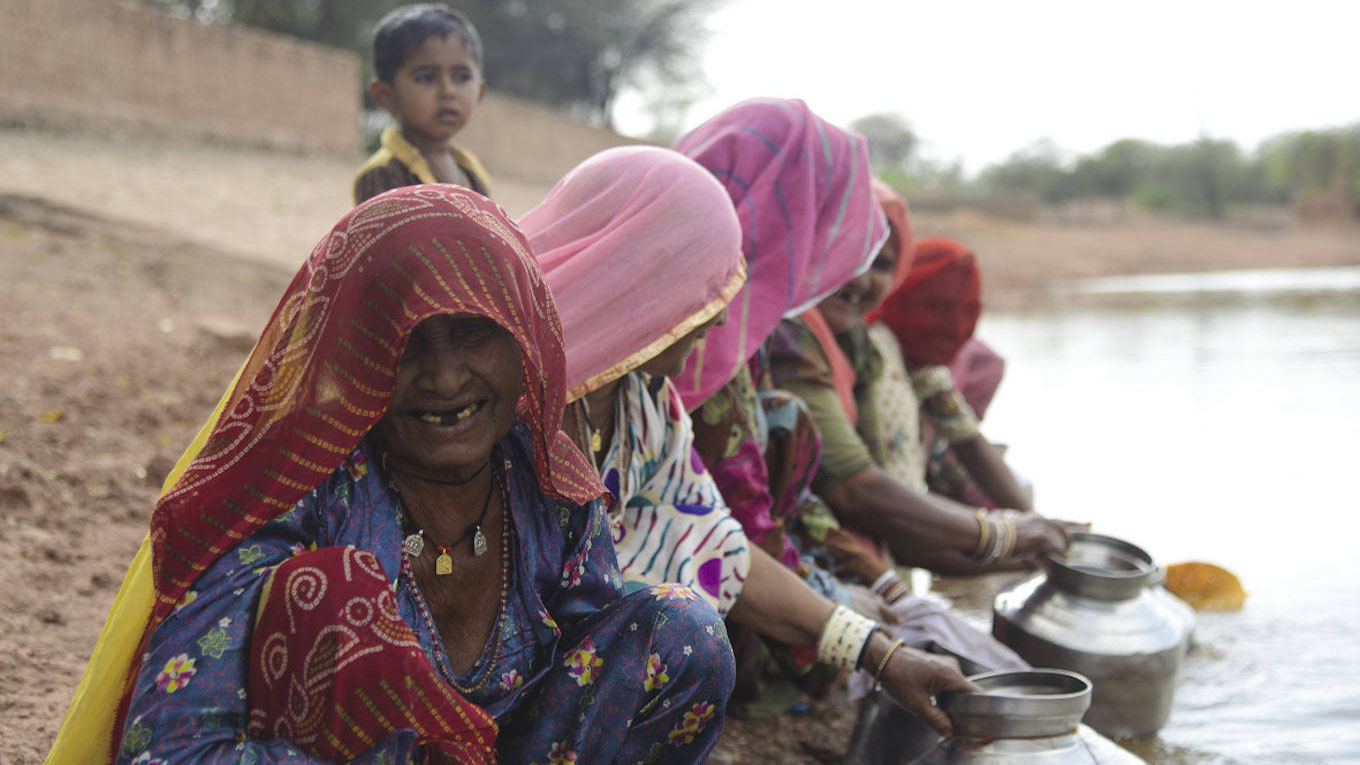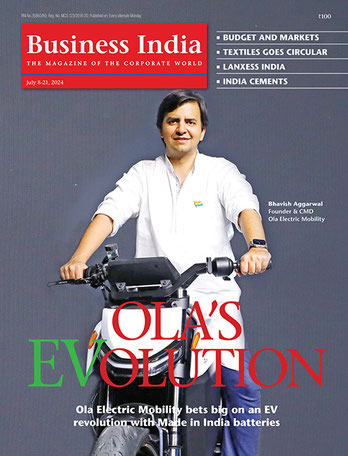-

Water sustainability became a core vision of Ambuja Cements
In India, water has been so severely exploited that 40 per cent of Indians will be without water by 2030. In this situation, there is a role for everyone to play in averting this impending humanitarian disaster. At Ambuja Cement Foundation (ACF), water is central to its work – not only because it is important in Ambuja Cements’ manufacturing, but also in terms of achieving its primary mission: generating prosperity in rural communities which was a vision of the founders. ACF’s aim is to create drought resilient communities who are self-sustaining when it comes to water. ACF sees SDG-6 and its mission to achieve universal and equitable access to safe and affordable drinking water for all, as being pivotal to the life and livelihoods of rural communities. ACF’s work on water leverages on its core competencies of understanding the technicalities and abilities of effective community mobilisation pivoting around water harvesting; drinking water and water use efficiency. In this way ACF tackles both the demand and supply issues so pertinent in addressing India’s water crisis. While capturing rainwater as and where it falls and storing it for future use. Central to everything ACF does, is the role of the community which is the biggest stakeholder and partner in water and ensure that they actively participate, contribute to and manage the solutions to their own water woes. To ensure sustainability, ACF builds People’s Institutions which have a formal structure, processes and system. These people’s institutions come in various forms – water user associations, local sanitation committees, village development committees, etc. For example, in Kodinar, Gujarat which was severely affected by salinity ingress, ACF took a holistic and collaborative approach by involving the government, community and NGOs who pooled in resources and reached out to 103 villages. Within a few years of building check dams, the salinity was pushed back and fresh water was available from four to eight months post the monsoon. ACF not only identifies key solutions and uses modern technologies to address serious water issues in rural India, but is also reviving traditional systems to capture and store rainwater and harness it to replenish depleted groundwater supplies. In Kodinar the innovation of interlinking structures through canals, creating a sweet water buffer and channelising excess water runoff has changed the face of the geography. In Rabriyawas, ACF built underground dykes, alongside a river which were close to farmers’ wells, to encourage maximum recharge. These dykes were constructed to prevent the flow of the sub-surface water below the riverbed and served as a solution for farmers who once struggled with the falling water table. The next step was to look at water quality. ACF taught numerous local communities in Kodinar how to test the quality of their drinking water. It focuses on using traditional wisdom, long-term commitment, stakeholder engagement (government and like-minded organisations) and the community at the centre. In order to measure its impact, ACF has created a Research & Monitoring unit which not only helps track outcomes, but also tracks programmes to provide course correction where necessary
-
Whilst ACF started out as the CSR arm of Ambuja Cements, as a foundation it has expanded exponentially and it now works in 44 districts
One key, internationally recognised method of measuring the impact of ACF’s water work has been the Social Return On Investment (SROI) methodology. In Kodinar, for every Rs1 invested there was an SROI of Rs13.03; in Rabriyawas, Rajasthan, for every Rs1 invested there was an SROI of Rs5.26; and in Darlaghat, Himachal Pradesh, for every Rs1 invested there was a SROI of Rs8.44.
Water positive
ACF’s water interventions also plays a key role in helping its parent company, Ambuja Cements become eight times Water Positive. As a large water consuming industry, cement production often has a bad reputation; however, ACF’s contribution, along with Ambuja Cements’ sustainability measures, have ensured it remains one of the leading cement companies in the world in terms of managing its water footprint.
ACF has spent over Rs160 crore to create water storage capacity of 58.64 million cubic metres. It has seen an increase in ground water levels by 2-12 metres and water-borne diseases have been reduced in Kodinar. With a total dissolved solid reduction in the range of 500-5000pm, farmers have moved from one to 2-3 crops a year. Also, 981 rainwater harvesting structures and 733 common drinking water sources have been created and communities have the ability to test their own water.
All this has resulted in an overall reduction in migration, and reduced drudgery with women being part of Paani Samitis, and their children undergoing skill training.
Water sustainability became a core vision of Ambuja Cements across geographies. Whilst ACF started out as the CSR arm of Ambuja Cements, as a foundation it has expanded exponentially and it now works in 44 districts.
Looking at 2025 and beyond, ACF will focus on ensuring 100 per cent households in its core villages receive safe drinking water and will build the capacity of Panchayati Raj Institutions on water surveillance, increasing the availability of surface water storage to 75 mcm by working on harvesting structures, groundwater recharge and the reduction of wastage by 30 per cent.
Via its agriculture thrust area, ACF will bring 50,000 ha of farming land under micro-irrigation by engaging farmers in in-situ and ex-situ water management techniques. ACF will also focus on improving the socio-economic situation of communities by forming at least 200 functional groups ensuring that each village has a people’s institution.
Biogas
BioEnergy will showcase its innovative biogas technology in India
Mobility
Ather aims to produce 20,000 units every month, soon
Green Hydrogen
German Development Agency, GIZ is working on a roadmap for a green hydrogen cluster in Kochi
Renewable Energy
AGEL set to play a big role in India’s carbon neutrality target



















